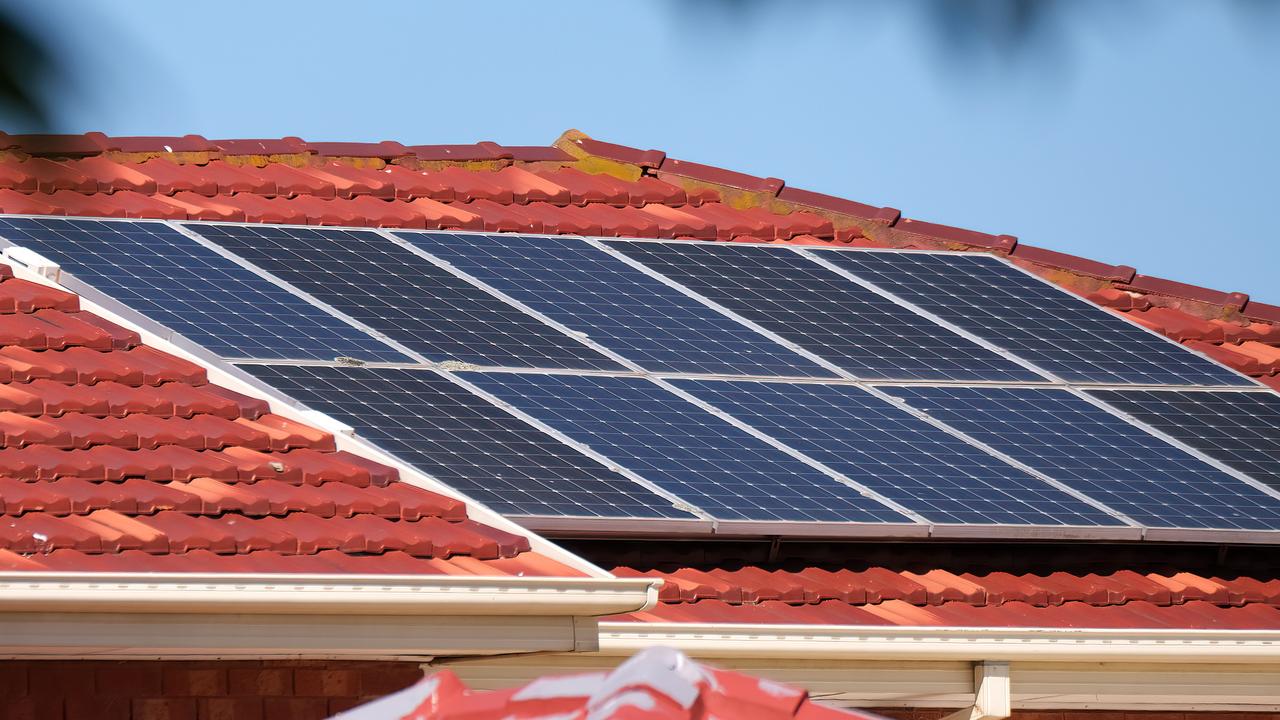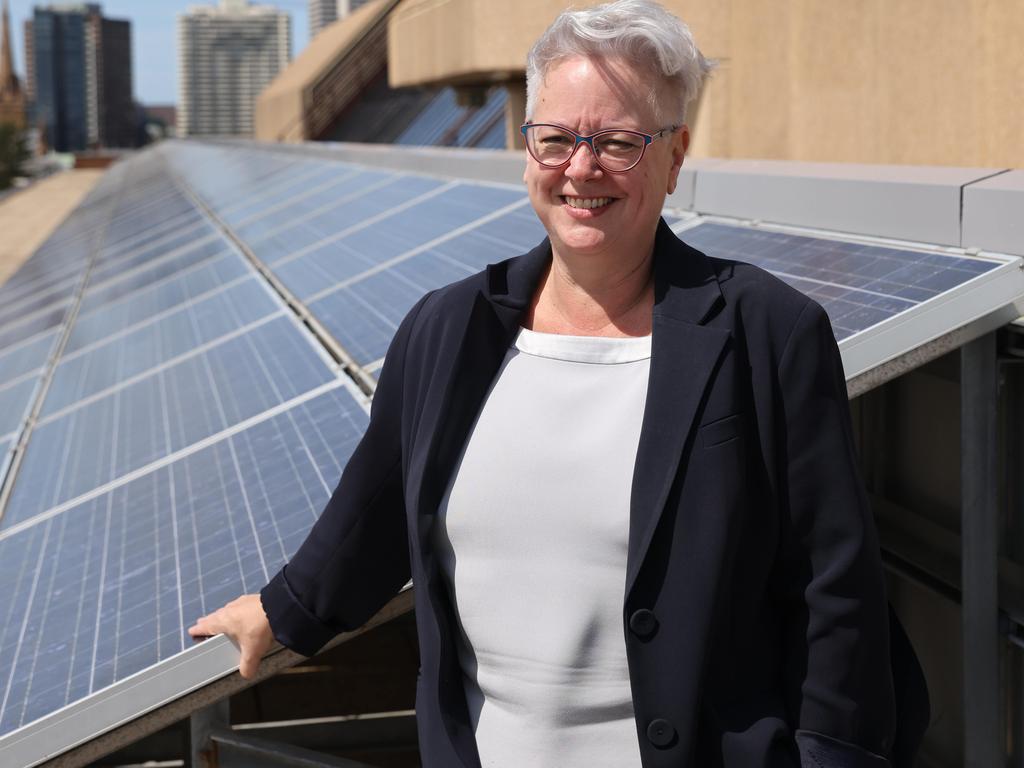NSW government announces solar battery rebate to get more people on renewables
The NSW government has made a huge move to help families struggling with soaring energy bills, with a new rebate to make a key technology more accessible.
Businesses and households with solar power panels will soon be able to access cheaper batteries to store solar energy generated during the day.
The new incentive aims to help reduce energy bills, allow around the clock access to electricity and increase the reliability of the statewide electricity grid.
The NSW government’s announcement is part of the Peak Demand Reduction Scheme, which aims to get more households and businesses to reduce their energy use at peak times, like in the evenings or on hot days.

Through connecting batteries through Virtual Power Plants (VPP), businesses and households will be able to share capacity across the energy grid, a statement from the state government said.
The scheme also covers $1600 to $2400 off the upfront installation cost for a household battery for those with existing solar panels, and delivers a $250 to $400 incentive to connect a battery to a VPP.
This benefit can be claimed a second time three years after the first claim.
Minister for Climate Change and Energy Penny Sharpe said the move is part of the state government’s move to renewable energy.
“This is a targeted action to support those with solar to take the next step to lowering their bills by using renewable energy,” she said.
“More than one million NSW households have solar panels on their roofs and adding a battery will see them benefit around the clock, not just when the sun is shining.”
Ms Sharpe emphasised the benefits the scheme will bring to households, especially those under financial stress.
“This is a cost of living measure and helps them to deal with energy prices,” she said.
“For New South Wales as a whole, these kinds of systems are setting us up for the future where we can manage price spikes. The people who will be exporting their energy into the grid at times of peak demand, when it’s really hot and we need as much energy as possible, they’ll get paid for that.
“But importantly they’ll help the cost of electricity for everyone else across the grid come down.”

Non-profit organisation Rewiring Australia (RA) strongly supports the announcement, saying the scheme will “remove the financial barrier for household batteries”.
“(This will help) more NSW residents reduce their energy bills, lower emissions and improve reliability,” RA’s Executive Director Dan Cass said.
“The incentive to encourage households to deploy their batteries in virtual power plants points to a future where millions of solar households with batteries and EVs become the backbone of the grid.”
The incentive will be available from November 1, 2024, but only through approved suppliers.
The federal government has the national Small-scale Renewable Energy Scheme, which cover households and businesses that want to switch to renewable sources of energy.
Solar programs offered across Australia
Certain states such as Western Australia and Tasmania defer to the national programs.
However, other states and territories across Australia have their own rebates and programs that incentivise households to switch to solar.
Victoria’s Solar Homes program residents discounts up to $1400 for solar panel installation, along we customers can request a hot water rebate and an interest-free loan for a solar battery.
Under Queensland’s Solar Electricity Rebate 2024, people can receive a one-off rebate of up to $3500 for buying and installing a new solar panel system. This is for both households and small businesses.
In the ACT, there is the Next Gen Energy Storage Program, which offers a rebate up to $825 per kilowatt hour (kWh) of energy storing capacity, with the maximum per household being $4500. And they offer a zero-interest loan up to $15,000 for households wanting to install solar.
South Australia’s Home Battery Scheme is for households who already have solar panels installed, and allows them to store excess solar energy that was generated during the day at night.
The Northern Territory has the Home and Business Battery Scheme, which provides grants to households and businesses to buy and install solar and battery systems. Those who already have solar panels can use this scheme to buy and batteries.






